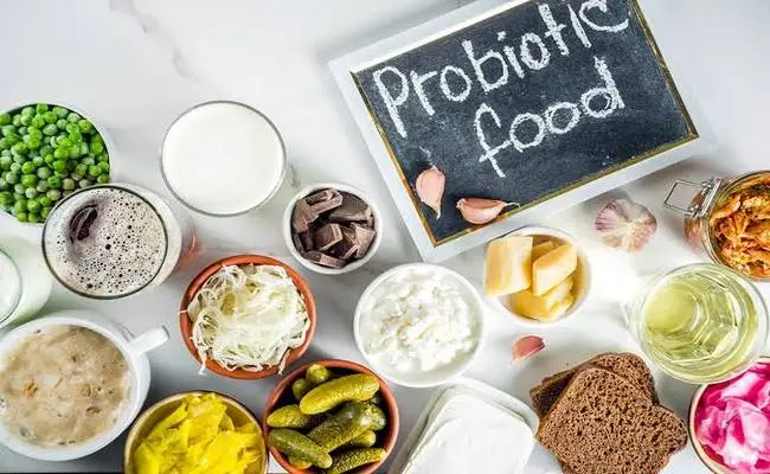The Whats and Hows of Probiotics and Prebiotics: Keep Your Gut Microbiota Healthy
Daily exercise, a good night’s sleep and good nutrition are the most fundamental things for having a healthy lifestyle. Being closely related, all of these things will help you feel more energised while keeping the risk of diseases at bay. However, I don’t think that we’ll always be in a position to receive the needed dose of vitamins and minerals on a daily basis through food alone which is why the use of additional supplements is fundamental.
This goes especially in winter when colds and influenza are quite common. But aside from vitamins supplements can come in other forms like in the form of probiotics and prebiotics. They’re crucial for our well-being, especially for our gut health, and finding out more about them can help you understand their importance.
Both prebiotics and probiotics are essential in supporting the body to build and maintain the healthy bacteria and microorganisms in your body which can lead to improved gut health and digestion. In other words, by taking crucial vitamins supplements of this kind, you’ll provide beneficial bacteria and microorganisms with the needed food for creating an environment where they can flourish.
What Are Prebiotics?
Prebiotics are a type of fibre that our human body cannot digest. This means that prebiotics can pass through the digestive system in our body and become food for good bacteria and other microorganisms. Hence, it promotes their growth and this, on the other hand, can improve our gut health. Generally, prebiotics can be found in food that contains complex carbohydrates like some fruit and veggies, but they can be also obtained through vitamin supplements.

What Are Probiotics?
Unlike prebiotics, probiotics contain live organisms. In fact, they’re the healthy bacteria living in your gut. Probiotics are essential for changing and repopulating intestinal bacteria and balancing the gut flora. This, in fact, is linked to our immune system and overall health, which explains the fact why it’s so important for us to keep good gut health. Fortunately, probiotics can be found in dairy foods like kefir, yoghurt (especially the probiotic yoghurt) and a certain type of cheese.
Usually, these types of food contain bifidobacteria and lactobacilli which can act as probiotics. Unfortunately, a great number of people have problems with dairy food, causing them allergy, bloating or even keratosis pilaris. So, if you’re one of them, you can always rely on the use of the powerful prebiotic and probiotic supplement combo.
Other Benefits of Consuming Probiotics and Prebiotics
As you can see, prebiotics and probiotics can work together really well, since prebiotics are probiotics’ main food. When combined, the improvement of your gut health will be inevitable, which explains the fact that it’s better to take them orally in the form of supplements when not in the position to consume them through food. So, if you have been asking yourself ‘Are supplemental vitamins good for you?’, you should know that they are, especially, if you’re allergic to dairy and you aren’t in a position to compensate for probiotics through it.

There really aren’t any proven side effects of taking probiotics and prebiotics since they can only act beneficially to your overall health. However, you should always consult with your healthcare provider before taking any of them on your own, especially if you’re a person who has a chronic disease or some other type of serious illness.
The benefits of prebiotics are closely related to the benefits of probiotics since they work together really well. Speaking of which, except for being food for probiotics, it’s said that they can play a huge role in improving calcium absorption in the body. They can also change the way your body processes carbohydrates and they can enhance both digestion and metabolism.
It’s also said that probiotics can also help our general health and well-being. For instance, in the case of diarrhoea, probiotics may reduce the need of using antibiotics since they can positively affect the gut and abdomen flora. Additionally, they can also decrease the risk of vaginal infections, eczema, and gestational diabetes.
Aside from improving your gut health, it’s said that probiotics and prebiotics may improve your mental health as well. Even though more studies need to be done, still, there’s a glimpse of hope that these living organisms can also aid us mentally.
Now, an important thing to know about probiotics is that they’re available in many types. And aside from the lactobacillus bacteria, there are many other types that are good for your gastrointestinal health. This explains the reason why there are so many probiotics available on the market, and most importantly, why they’re containing different types of good bacteria in them. However, all of them can act differently, especially when talking about treating a condition which is why you should consult with your healthcare provider before buying any supplement.

